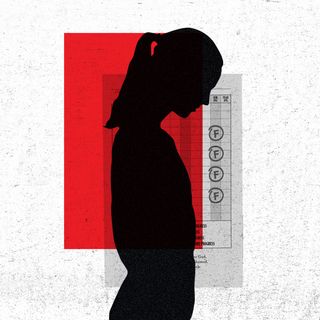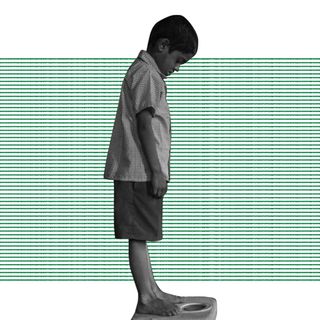Using oral contraceptives during teenage years may put one at a greater risk of depression in early adulthood, according to a new study.
The researchers followed 534 adolescent oral contraceptive users and 191 non-users from early adolescence until young adulthood — collecting data about their usage of contraception and depressive symptoms, if any.
Published in the Journal of Child Psychology and Psychiatry, the study found that teenagers who used oral contraceptives were, on average, 1.41 times more likely to experience depression in early adulthood than adolescents who did not use oral contraceptives.
“Oral contraceptives are used by many women and are generally considered safe; [but] their use may increase [the] risk for depression, especially when oral contraceptives are used during adolescence,” said Albertine Oldehinkel, a professor of life-course epidemiology of common mental disorders at the University Medical Center in the Netherlands, who co-authored the study.
The link between the usage of oral contraceptives and depression isn’t entirely new or unknown. “I expected birth control only. But I got depression because of it. I cried every day and everything made me feel sad,” N., 28, had told The Swaddle in April. She was recommended the pills by her gynecologist.
Related on The Swaddle:
1.3 Million Indian Women Lost Access To Birth Control, Abortions During Pandemic: NGO
However, their usage in adolescence resulting in depressive episodes in early adulthood is interesting — more so, since the association was found to be the strongest among women without a history of depression. For them, the likelihood of experiencing depression in early adulthood increased by 1.72 times.
So, do oral contraceptives cause depression? Researchers aren’t sure yet. “Associations between oral contraceptive use and depression had been reported before, and our results strengthen the evidence for this association… [but] it is too early to jump to causal conclusions,” Oldehinkel said. “Depressive episodes are almost always caused by a combination of personal vulnerabilities and external triggers, but the exact nature of these factors can vary widely… oral contraceptive use might be one of those triggers,” she explained.
However, since it’s still unclear how oral contraceptives may be contributing to the risk of depression, the researchers are hesitant to recommend stopping their usage altogether — because teenage pregnancies carry several health risks for both the mother and the baby, and these pills serve as a highly effective method of contraception. Moreover, they are often prescribed to people living with polycystic ovarian syndrome, or PCOS, to help manage their symptoms.
“We, therefore, do not yet advocate that oral contraceptive use be limited to prevent depression risk, because many women benefit from oral contraceptive use,” Oldehinkel said. But, she hopes awareness of this association among medical professionals might enable them to exercise a more informed judgment while prescribing oral contraceptives to adolescent women.
“It is important for clinicians to be aware that oral contraceptive use among adolescents might produce an increased risk of depression,” she noted.




